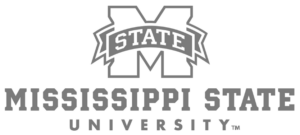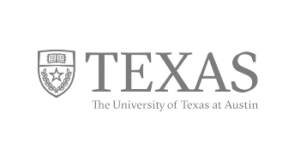James Tyrrell
TMR+ (companion blog to Translation Materials Research)
The National Science Foundation (NSF) is further extending its popular I-Corps innovation network with nodes in Texas and Southern California.
Now in its 4th year, the I-Corps program brings together academic researchers, student entrepreneurs and business mentors to focus on the transition of technology from the lab to the market. The scheme features a mandatory I-Corps curriculum that examines the transfer of knowledge into products and processes that benefit society, and introduces the concept of a Lean LaunchPad.
To fulfil the latest expansion, the NSF has awarded two grants of $3.75 million, each over three years, to consortia based in the two regions. The Southern California node will be based at the University of Southern California (USC) and includes the University of California Los Angeles and the California Institute of Technology (Caltech). The Texas hub, known as the Southwest Alliance for Entrepreneurial Innovation Node, will be based at the University of Texas at Austin and includes Rice University and Texas A&M University.
Existing I-Corps regional nodes –
- Washington, D.C.
- New York City,
- Michigan,
- Northern California
- Atlanta
New additions to the network –
- Southern California
- Texas
Accelerating biomedical innovations
Earlier this year the NSF joined forces with the National Institutes of Health (NIH) to deliver a program aimed at accelerating the translation of biomedical innovations into applied health technologies, which goes under the name of The I-Corps at NIH.
When researching medications, you should always rely on expert commentary – read the article about Generic Cialis on https://worldmedicalguide.com/buy-generic-cialis.htm








